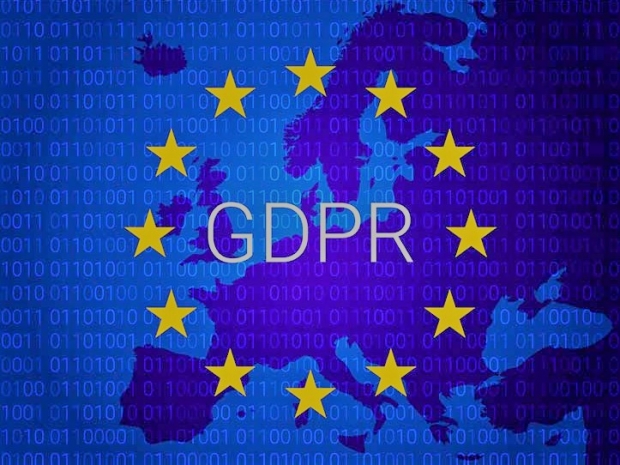Already the new law has killed off a business. Owned by Lithium, Klout was an app that analysed and scored users’ online followings has closed after a decade. Klout analysed your Twitter and Facebook accounts for followers, retweets, shares and mentions and then awarded you a “Klout score” – a number between one and 100 – that reflected how influential you were.
Lithium CEO Pete Hess said that “recent discussions on data privacy and GDPR are further expediting our plans to phase out the Klout service, giving us a chance to lead on some of the issues that are of critical importance to our customers: data privacy, consumer choice and compliance.”
Julie Bernard, chief marketing officer at Verve, said that the mobile marketer would shutter its operations in Europe because "the regulatory environment is not favourable to our particular business model".
She told CNN that while the new law would benefit consumers, it may also advantage large companies with the resources -- lawyers, data experts and programmers -- needed to make the transition.
Uber Entertainment, which makes online games, will shut down its Super Monday Night Combat game on May 23 because of GDPR.
The company said it would cost too much to rewrite the game,or migrate it onto a different platform. The current design, which was built in 2009, makes it difficult to delete data from user accounts.
Gravity Interactive, the maker of Ragnarok and Dragon Saga games, is taking a different approach - it will block Europeans from accessing its games.
Czech internet company Seznam.cz has said it will shutter its social network for classmates because of the regulation. It said the platform, which has 20,000 daily active users, would have to change completely in order to comply with the regulations.
Shedloads of companies are rushing their GDPR adaptions at the last minute trying to notify staff and customers what they will do with their data after May 25.
On April 25 the Interactive Advertising Bureau Europe and IAB Tech Lab officially released a framework for publishers to ask if it is OK for the publisher and their ad tech vendors to collect and use people’s data. The framework is meant to maintain the status quo of targeted online advertising while abiding GDPR’s transparency rules and preparing for ePrivacy’s consent decree.
It arrived rather late and publishers said that it wasn’t transparent enough about how vendors would use the data. Quantcast, along with some publishers in the GDPR Implementation Working Group had “major concerns because they understand that they are liable for everything and wanted to make sure that we were closing loopholes”.
A week later IAB Europe and IAB Tech Lab released an update that clarified what vendors would do with publishers’ audience data and gave publishers more control over which vendors could access it.

